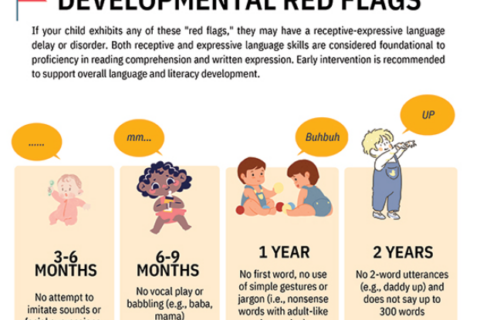How do I Support my Child’s Speech and Language During the Summer?
The summer season provides an opportune moment for families to unwind, rejuvenate, and re-calibrate following the rigorous academic demands of the school year. With the absence of school commitments, many families opt for vacationing and taking a break from their usual routines. While maintaining continuity of your child’s speech and language support is essential for optimizing their developmental progress, we understand that attending speech therapy sessions throughout summer can pose logistical or scheduling conflicts. We have outlined some tips and guidelines below to help you support your child’s progress.
Practice!
Consistent, regular practice is key to maintaining gains and furthering progress.
- Continue following your child’s recommended home exercise program. Before leaving on vacation, talk with your child’s speech-language pathologist to ensure you feel comfortable modeling the strategies and exercises that have been prescribed.
- Establish a reward system. Sticker charts or token economy systems can be fun and very motivating! Many children revel in seeing how many tokens or stickers they accumulated by the end of summer!
Lead by Example
Show rather than tell. Whether your child has articulation goals to produce a crisp /s/, is working on expanding their language, or integrating fluency strategies during conversation, it is helpful to model desired behaviors throughout the day. Demonstrate to them how you would like them to communicate. This way you are reinforcing their treatment goals in a low stress, functional way.
Good rules of thumb for effective modeling:
- Speak slowly, clearly, and repeat key information.
- Dedicate 3 to 5 minutes a day to consciously providing clear and exaggerated models during a joint play activity.
- Offer plenty of opportunities for practice and repetition of a skill.
Daily routines are great opportunities to integrate goals into a functional activity. This will also offer lots of opportunities for repetition and practice. For example, when reading bedtime stories, select or create a story that targets a sound your child has been working on articulating.
Provide Positive Reinforcement
Reinforce positive behavior you observe! Providing specific positive feedback that highlights your child’s success addressing a speech therapy goal is a way to increase your child’s motivation, attention and self-esteem about their communication. The more specific the feedback, the better! “I love that you are using your strong voice when you talk! I can hear everything you are saying!” or, “Thank you for using your words to ask for water, now I know what you need!”
Generalize
The ultimate goal of speech therapy is to facilitate generalization-the transfer and application of skills learned and practiced in therapy to various social and academic contexts. Summer presents a promising occasion for children to interact with a diverse range of individuals in different settings. As a caregiver, you play a crucial role in fostering your child’s use of these learned skills with unfamiliar listeners and different social situations, thereby enabling successful generalization of therapeutic goals.
Play!
Trust your instincts and have as much fun as you can with your child! Keeping things fun and light is key to maintaining motivation and your child’s commitment and connection to their loved ones and their communication progress. Rather than call the home exercises “work,” try re-framing the practice as a game you are going to play together. For older children, you can inject a sense of fun by pairing home practice with rewards, lots of positive reinforcement and reminding them of the intrinsic benefits to practicing (e.g., “This will help people understand you better and make it easier for you to express yourself.”)
Children’s Speech Services at Open Lines®
Open Lines Speech and Communication, P.C. is a premier practice in Speech Pathology with headquarters in Manhattan and Los Angeles. Our team of nationally and state licensed speech-language pathologists offer a range of high-quality services to support the development and well-being of children facing communication and feeding challenges across the greater New York and LA County areas.
If you’re struggling with communication difficulties, it’s time to turn to Open Lines®. Contact us via phone (212-430-6800), email [email protected], or by filling out our convenient contact form. Improve your communication skills and unlock your potential with Open Lines® Speech and Communication in New York today!
Get in Touch With Open Lines®














